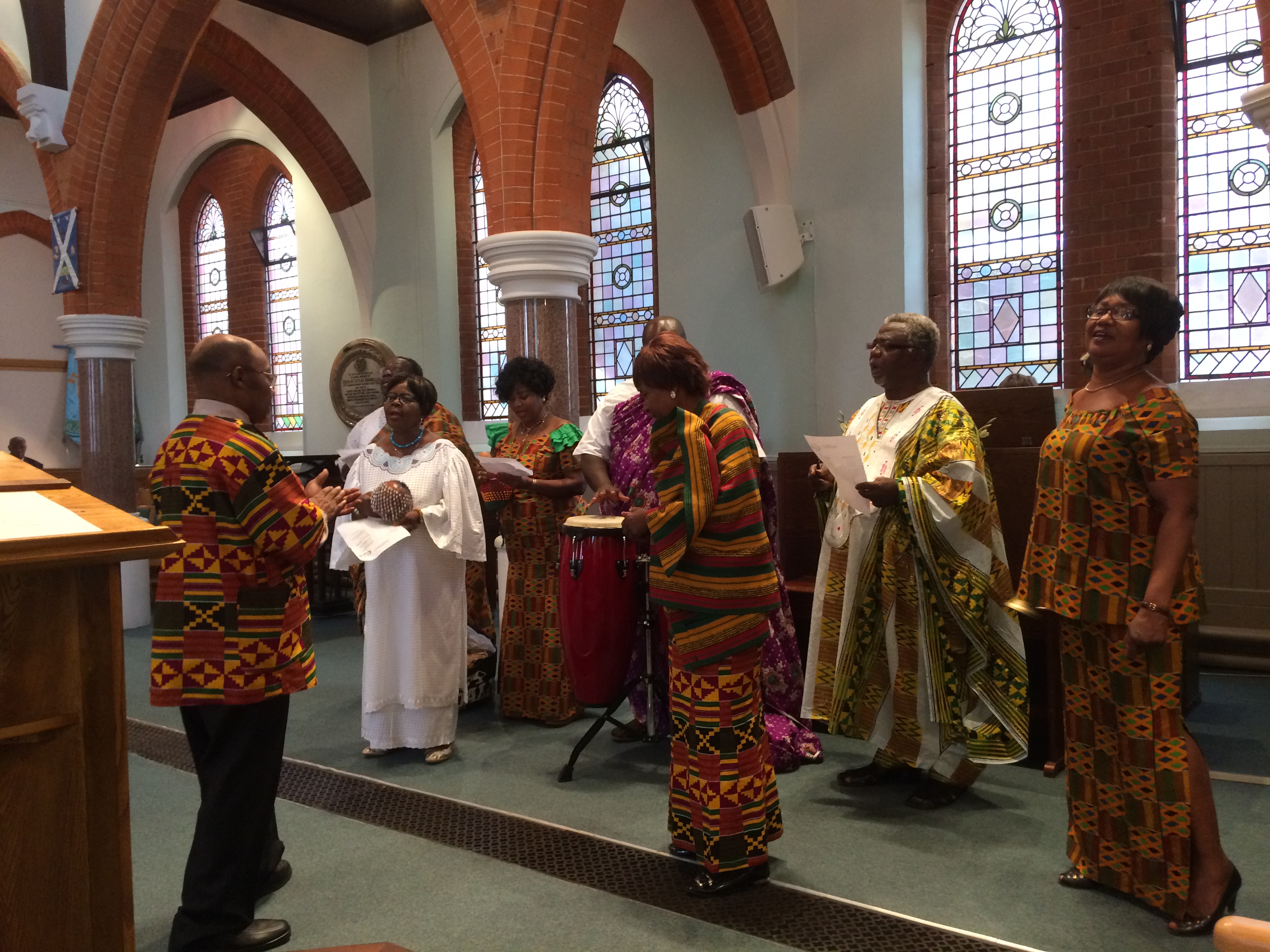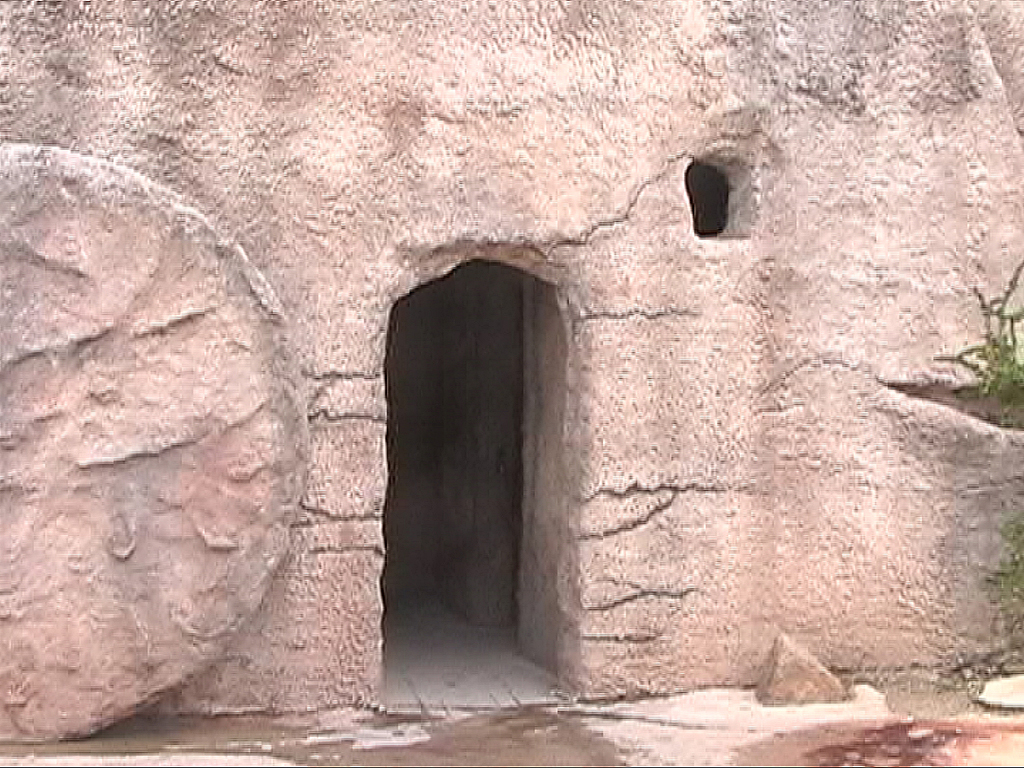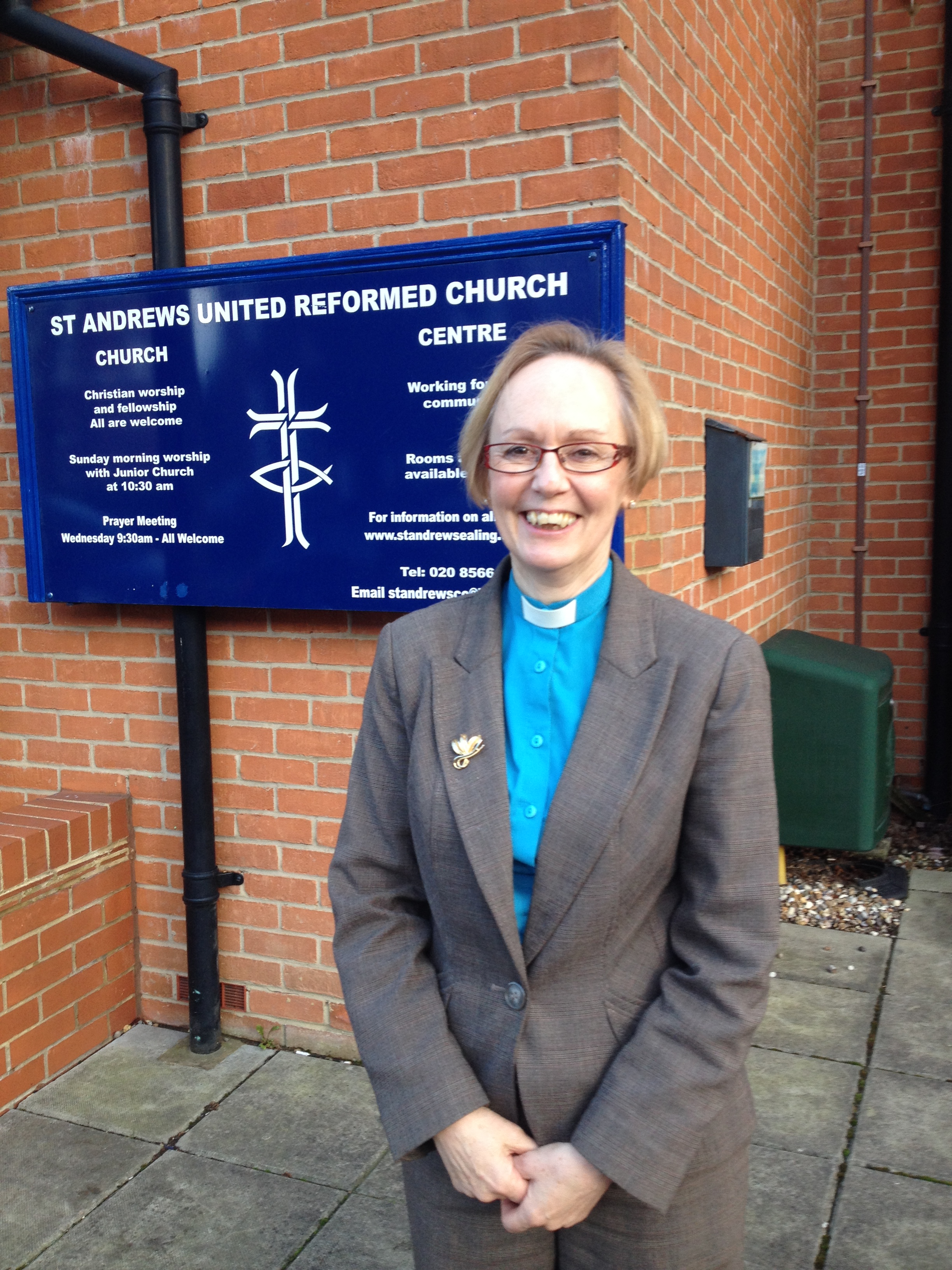part 1 – The power of the wind
From heaven there came a sound like the rush of a violent wind. You know, I’m sure, that the word for Spirit in both Greek and Hebrew is the same as the word for wind, or breath. Moving air, invisible to the eye, but capable of bringing life, in a baby’s first breath, and of bringing destruction, in storms and hurricanes. We are at the end of Christian Aid week, which this year has been focusing on Haiti. A few years ago, Haiti was devastated by an earthquake, and then in 2016, just when the people were beginning to recover and rebuild their lives, they were hit by Hurricane Matthew. Christian Aid was there, and is still there. A Christian Aid film shows some of the devastating power of the wind – and it also shows that other things are more powerful even than the wind.
part 2 – The strengthening spirit
Reading: Acts 2:14-21
The Spirit of God is powerful stuff. Images of a rushing, mighty wind, or of tongues of flame, speak of something that is beyond human control. But unlike the hurricane, the Holy Spirit is not a force of destruction. The Spirit is in God’s control, and as we see in our readings from Acts, it is a spirit that enables and empowers. It gives to fearful people the power to speak and preach with confidence; to uneducated Galileans the power to communicate with a whole world of people; and to those people hearing the power to understand not just the words, but the significance of what was happening.
I remember years ago, when I first left university, I lived in Tufnell Park, quite a built-up area of London, and I worked near Gower Street tube station so I spent my time in this very urban setting. It was fine – and then one day I went to visit my sister in Aberystwyth. Her hall of residence was on the sea front, and walking there from the station I could feel the sea air, a completely different quality of air from central London. It felt like I hadn’t been breathing properly for months. The fresh air was like a tonic. And so it is with the Holy Spirit at Pentecost – invigorating, stirring up the soul, making people more alive as individuals and as a community of believers.
Peter stands up to explain that this is not a random event; it’s not hysteria, or drunkenness. This is God at work, in a decisive moment that signifies the beginning of God’s kingdom on earth. Peter understood this to mean that the kingdom was coming any minute; we know differently now. But the Spirit is still at work, and, most importantly, at work in ordinary people – ‘your sons and daughters shall prophesy, your young men shall see visions, your old men shall dream dreams’. The Spirit of God is not the preserve of priests or ministers; it is for women and men, young and old; it is for each one of us to live and breathe and be moved by.
part 3 – The quiet breath of God
Reading: Romans 8: 22-23, 26-27
We’ve spoken about the Spirit of God being invigorating; a source of strength and courage. There is something really exciting about the account of that day of Pentecost, and the impetus it gave to that small group of people. We use words like ‘inspiration’ and that too carries a connotation of vigour and purpose. And you will find people who are filled with the Spirit and who are relentlessly upbeat and enthusiastic in a way that can be, for quieter people, slightly exhausting. So as a counterweight to the rushing, mighty wind image, we have this reading from Romans 8.
Paul, writing to the Christians in Rome about the Spirit, uses the image of labour pains – the whole creation groaning like the pangs of childbirth, suffering now, in order to be born into its own maturity. And we, who are part of creation, and now have the Spirit, are also groaning in labour pains as we struggle to come into our completeness in God.
The church in Rome was going through tough times. The path from Pentecost to persecution was all too short. It would have been easy for them to think, it’s all gone wrong. God can’t be in this. How helpful, then, for Paul to use this image of pain leading to new life – to help them see the suffering they are now going through as simply the natural consequence of the evil in the world fighting back against the light and goodness of the gospel; a necessary conflict before lasting peace.
And see how the Spirit helps with this. When we are really struggling, when we can’t even find the words to pray, the Spirit himself is pleading for us, praying on our behalf, through our inarticulate groans or, in more poetic translations, with sighs too deep for words.
When we celebrate Pentecost today, we can draw on both these aspects of the Spirit. First the strength, the invigoration, the renewal – the good gifts offered to God’s people, to affirm us in our faith and give us confidence in our Christian life. And alongside that, the Spirit of persistence, of endurance, that gets us through the tough times, that tells us, when we think we can bear it no longer, that this too is held within the plan and purpose of a loving God.
This church is, at the moment, in a fortunate position. We have a strong eldership and many able people willing to share their gifts to serve God here. Today we are welcoming new people into membership and that is a joy and a delight, and an encouragement to those who are already here. Today many of us can rejoice in the invigorating power of the Spirit.
Many of us, but maybe not all. Some of us have our private griefs and pains to bear. As a church, we face the challenge that people don’t last for ever, and are not easy to replace; and we face the spiritual struggle of living, like those early Christians, in a fallen world that is fighting back like mad against the light of the gospel. For almost every step towards equality and inclusion that we saw in the 20th Century, we are now seeing a backlash of hatred, division and oppression. The battle is not won; the labour pains are not over. May we also know, along with the power of the Spirit, the comfort of being sustained, of being held to the truth, of being prayed for and with, in the very depths of God.
And whether we are rejoicing, or struggling, or anything in between, may we also allow the Spirit to work in our hearts, transforming each of us from within. So that when we do come to God’s kingdom, in this world or the next, we will be ready in God’s sight.
Revd. Sue McCoan
May 20th





